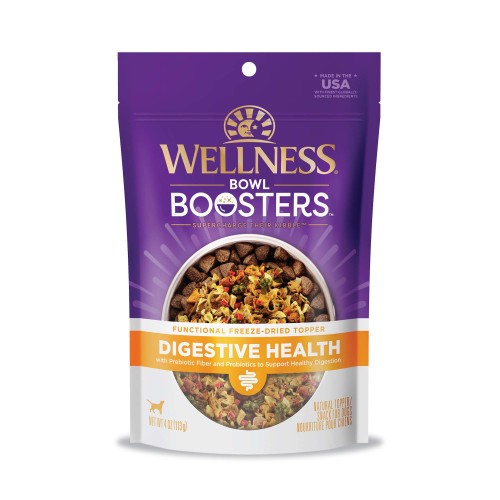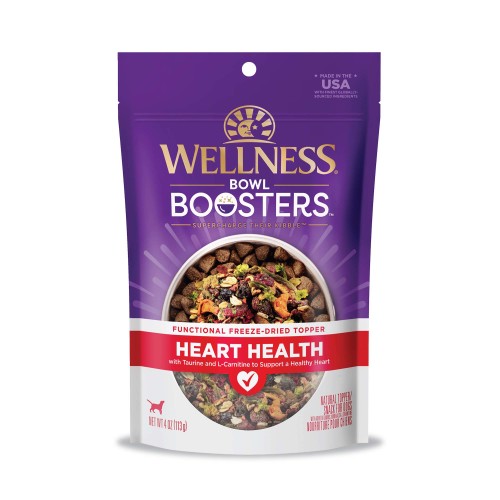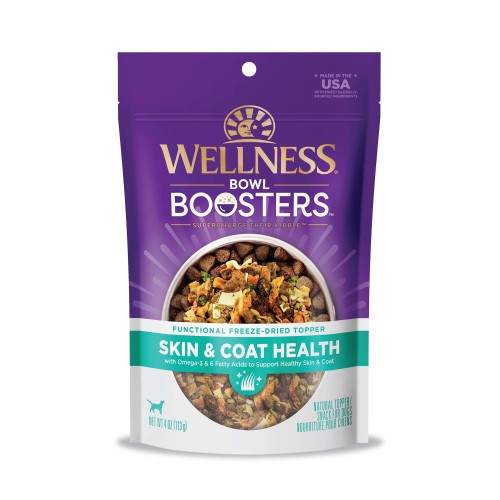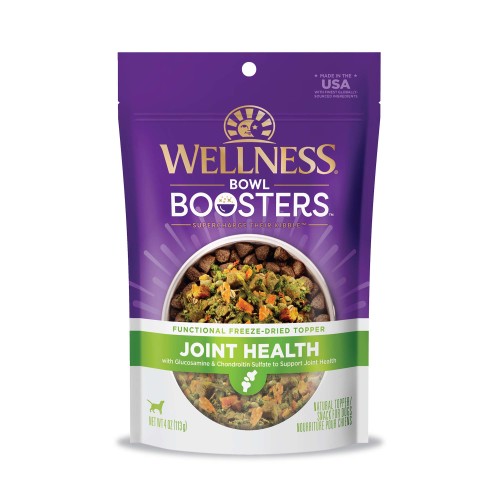March 22, 2018
Your Complete Pet Poison Prevention Guide
March is Pet Poison Prevention Month. There are many foods, chemicals, and other materials around your house that are safe for you but not for your pets. Print this one-page at-a-glance guide and hang it on your fridge for a year-round reminder of the foods and substances to keep away from your pets.
Foods & Beverages
- Alcohol
- Chocolate
- Coffee / Caffeine
- Citrus leaves, peel, seeds, and stems
- Coconut and coconut oil
- Grapes and raisins
- Avocados
- Macadamia nuts
- Milk and dairy
- Nuts
- Onions, garlic, and chives
- Undercooked or raw meat
- Raw eggs
- Bones from meat
- Snack foods
- The sweetener Xylitol found in candy, gum, baked goods and tooth paste
- Yeast dough
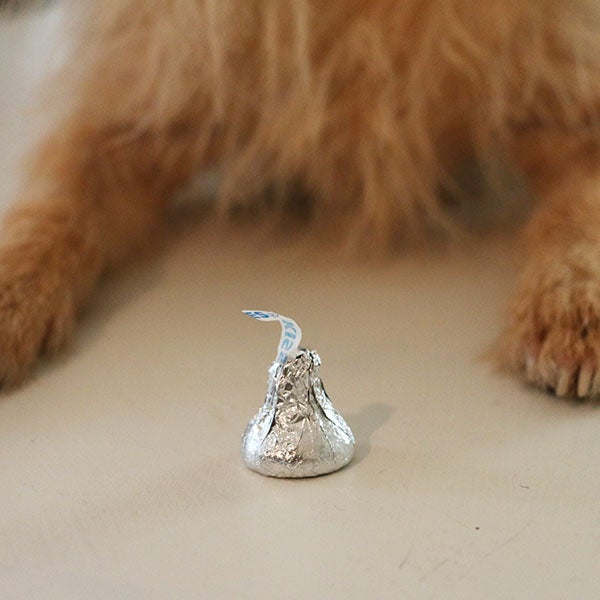
Common Plants
- Aloe Vera
- Baby’s Breath
- Ivy
- Hostas
- Sago Palm
- Tomato plants
- Poinsettia
- Lilies
- Gladiolas
- Carnations
- Begonias
- Tulips
- Daffodils
- Mums
- Ivy
- Wisteria
- Lantana
- Yew
- Azaleas
- Hydrangeas
- Boxwoods
- Elephant ears
- Angel trumpets
- Castor bean
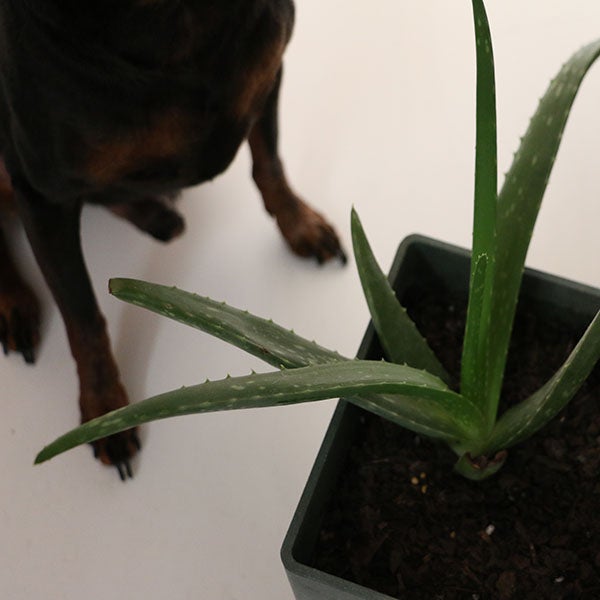
There are over 1,000 plants poisonous to pets. These are some of the most common. A best practice is to assume all plants are poisonous and to research the effects on pets before putting them indoors or growing them outdoors.
Other Indoor & Outdoor Poisons
- Human medications
- Overdose of pet medications
- Insecticides
- Rodenticides
- Fertilizers
- Weed killers
- Cocoa mulch
- Compost piles
- Antifreeze
- Pool cleaning chemicals such as chlorine
- Self-cleaning oven odors
- Lead paint chips
- Linoleum
- Indoors cleaning chemicals
- Bleach
- Detergent
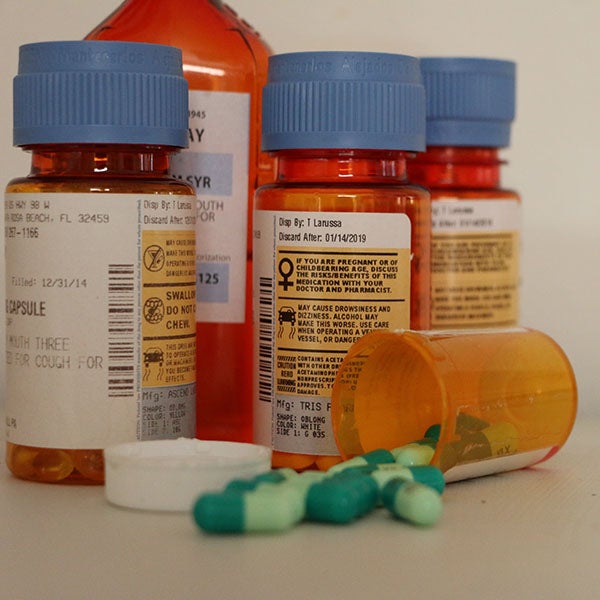
What to Do if Your Pet is Poisoned
If your pet is poisoned, you need to be able to tell the emergency specialist what your pet ate, when (i.e., how long ago), and how much of the substance your pet ate. Do not wait until your pet starts to exhibit signs of poisoning before you call for help.
Signs of poisoning include vomiting, diarrhea, seizures, bloody stools, lethargy, poor appetite, irregular heartbeat, nosebleeds, or inability to use the restroom. Exhibition of these signs could indicate your pet has ingested poison without your knowing.
Emergency Numbers:
ASPCA Animal Poison Control Center hotline: 888-426-4435
Pet Poison Helpline: 800-213-6680 or 855-764-7661 (You will be asked to pay a consultation fee)
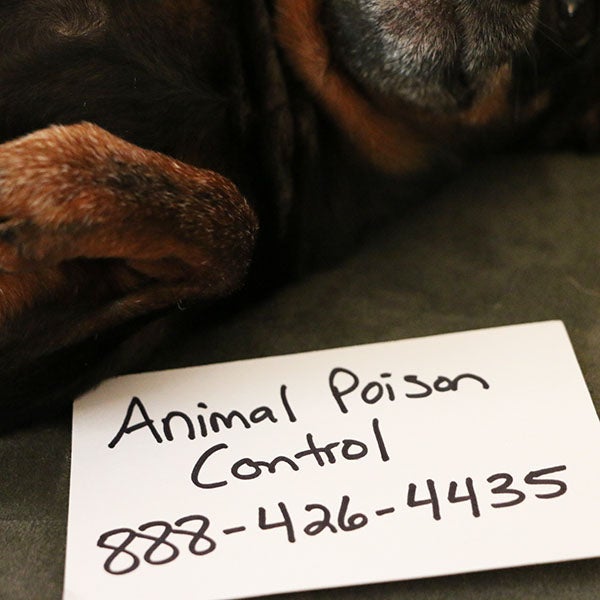
Do not ever attempt to self-treat your pet without talking to a poison control specialist first. Specifically, do not try to feet your pet milk, food, salt, oil or other home remedies, according to Pet Poison Helpline. Do not attempt to induce vomiting with hydrogen peroxide, milk of magnesia, or some other method without consulting a poison control specialist or your veterinarian first. Any effort made without the oversight of a professional could make matters worse.
After consulting with a professional, if an examination following a poisoning incident is needed, take the package or some of the poisonous substance with you to the veterinarian’s office if possible.
In addition to keeping dangerous substances out of reach, feed your pet well. If your pet is full and content as a result of a fulfilling, all-natural diet, like the ones supported by Wellness Pet Foods, then they might be less likely to sample poisonous foods, plants, and other chemicals when they encounter them.


